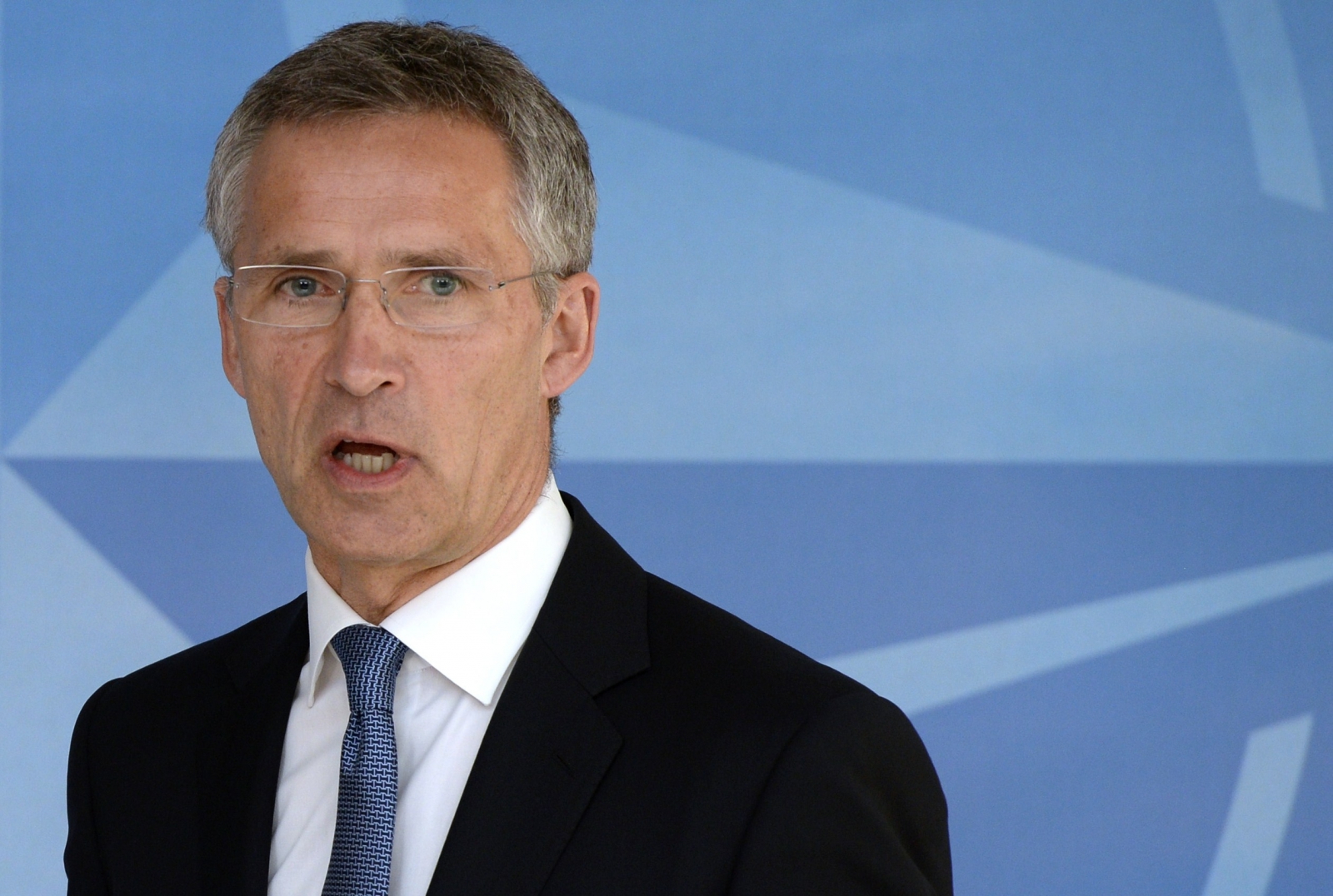Jens Stoltenberg’s Role in NATO

Jens Stoltenberg, the former Prime Minister of Norway, has served as NATO Secretary General since 2014. His appointment came at a critical juncture for the alliance, as Russia’s annexation of Crimea and its ongoing aggression in eastern Ukraine had raised serious questions about NATO’s relevance and effectiveness.
Jens Stoltenberg, the NATO Secretary General, has been vocal in his support of Ukraine’s defense against Russia’s invasion. In a recent interview, he urged NATO members to provide more military aid to Ukraine. Stoltenberg’s comments come amid ongoing discussions about how to best support Ukraine.
For the latest updates on the situation in Ukraine and the Biden administration’s response, visit biden news today. Stoltenberg’s leadership has been crucial in coordinating NATO’s response to the crisis.
Leadership During the Ukraine Crisis
Stoltenberg’s leadership has been instrumental in navigating NATO through the Ukraine crisis. He has consistently condemned Russia’s actions and has worked to strengthen the alliance’s deterrence and defense posture. Under his leadership, NATO has increased its military presence in Eastern Europe, established a new rapid reaction force, and enhanced its cyber defense capabilities.
Jens Stoltenberg, the Secretary General of NATO, has been a vocal advocate for strengthening the alliance in the face of growing global threats. In a recent interview with George Stephanopoulos , Stoltenberg emphasized the importance of unity and cooperation among NATO members, highlighting the shared values and common goals that bind the alliance together.
Stoltenberg’s unwavering commitment to the transatlantic partnership remains a cornerstone of NATO’s mission, ensuring that the alliance continues to play a vital role in maintaining international security.
Contributions to NATO’s Strategic Vision
Beyond the Ukraine crisis, Stoltenberg has also played a key role in shaping NATO’s strategic vision. He has emphasized the need for the alliance to adapt to new challenges, including the rise of China and the threat of terrorism. He has also called for NATO to strengthen its partnerships with other international organizations, such as the European Union and the United Nations.
Jens Stoltenberg’s Diplomacy and International Relations
Jens Stoltenberg has played a significant role in fostering partnerships with non-NATO countries, strengthening NATO’s global engagement, and resolving international conflicts and tensions. His diplomatic efforts have contributed to NATO’s adaptation to a changing security landscape and enhanced its relevance as a global security actor.
Partnerships with Non-NATO Countries
Stoltenberg has prioritized building partnerships with countries outside the NATO alliance, recognizing the importance of cooperation in addressing global security challenges. He has established close relationships with key partners such as Japan, South Korea, Australia, and New Zealand, expanding NATO’s reach and influence in the Asia-Pacific region.
Resolving International Conflicts and Tensions
Stoltenberg has been actively involved in mediating and resolving international conflicts and tensions. He played a key role in facilitating dialogue and finding diplomatic solutions to the ongoing conflict in Ukraine. He has also engaged in efforts to address tensions between NATO and Russia, promoting dialogue and reducing the risk of escalation.
Strengthening NATO’s Global Engagement
Stoltenberg has initiated several measures to strengthen NATO’s global engagement and enhance its ability to address security challenges beyond its traditional borders. He has established partnerships with organizations such as the United Nations and the African Union, fostering cooperation on issues such as counter-terrorism and capacity building.
Jens Stoltenberg’s Views on Security and Defense

Jens Stoltenberg has consistently emphasized the evolving security landscape, highlighting the emergence of new threats and challenges. He has been vocal about the need for NATO to adapt and modernize its defense capabilities to address these threats effectively.
Stoltenberg has identified terrorism, cyber threats, and the rise of hybrid warfare as some of the most pressing challenges facing the alliance. He has stressed the importance of strengthening NATO’s collective defense posture, including through increased intelligence sharing, enhanced cyber defenses, and improved resilience against hybrid threats.
NATO’s Future Role in Ensuring Collective Defense, Jens stoltenberg
Stoltenberg envisions NATO as playing a central role in ensuring collective defense in the future. He believes that the alliance must continue to maintain a strong military presence in Europe, while also investing in new technologies and capabilities to counter emerging threats.
- Stoltenberg has emphasized the need for NATO to develop new strategies and doctrines to address the challenges of the 21st century. He has also called for increased cooperation with other international organizations, such as the United Nations and the European Union, to address common security challenges.
- Stoltenberg has been a strong advocate for NATO’s enlargement, arguing that it strengthens the alliance and contributes to stability in Europe. He has supported the accession of new members, such as Montenegro and North Macedonia, and has expressed support for Ukraine’s eventual membership in NATO.